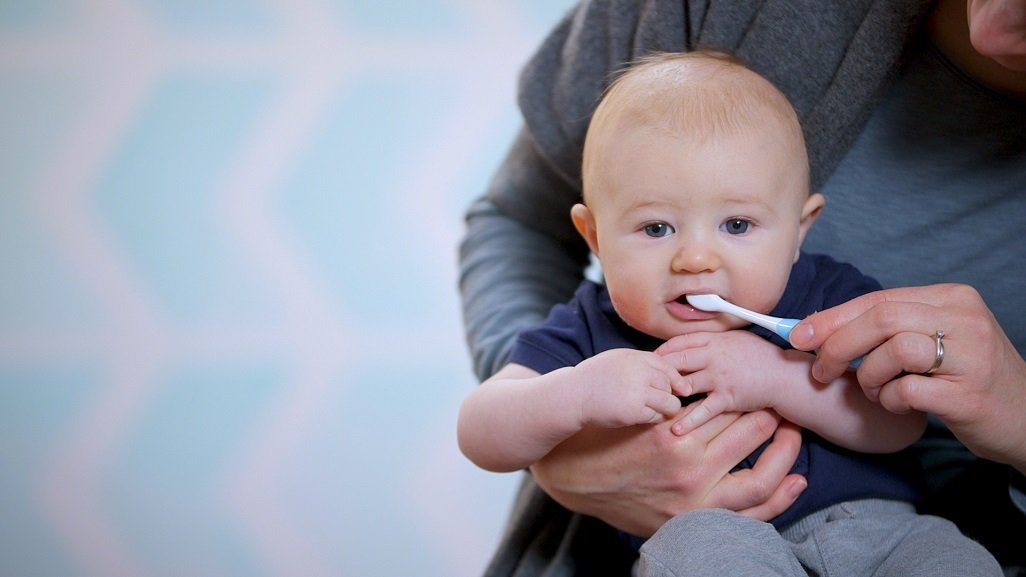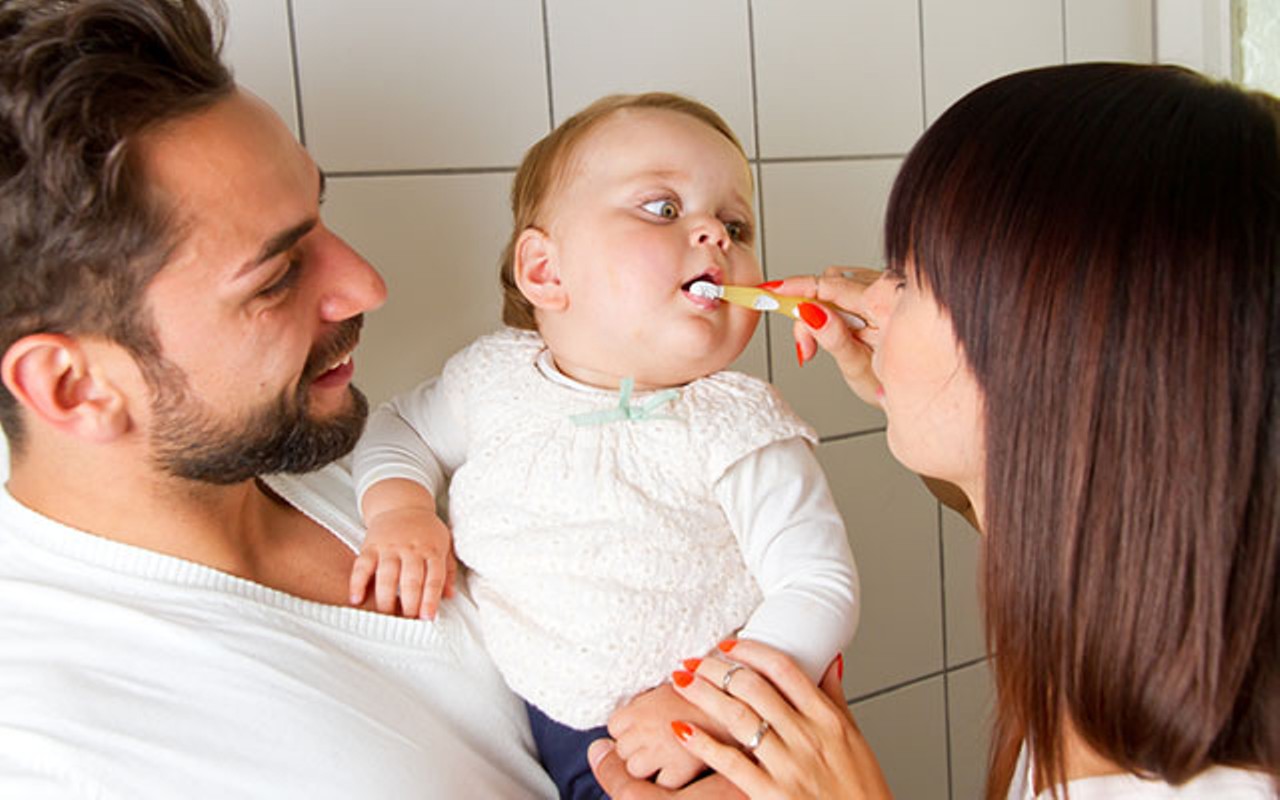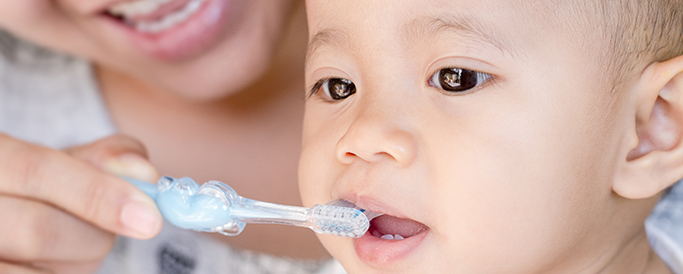
The first tooth of your little one is an exciting milestone in their development. Although baby teeth are not permanent, they develop as a significant placeholder for your baby’s permanent teeth by shaping how they chew and speak. But, just like permanent teeth, baby teeth can decay and cause pain. That is why you must schedule your baby’s first dental appointment to get preventative care and identify possible issues.
When Should the First Visit Be?
According to the American Dental Association (ADA), a child must visit a dentist after their first tooth appears and before they turn one. Their next appointments will be every six months to a year. In general, dental offices begin to see kids at the age of two.
It’s important to keep in mind that as your child needs a high level of care and a gentle approach, you must schedule an appointment with a pediatric dentist. Visit this website to find a reputable children’s dentist. The best dentist for kids understands and values the effect positive dental visits have on the dental future of every child. This is the reason they will want to make each visit a happy one. To make the visit less traumatic, they explain how things work and what to expect in a fun and engaging way. They will communicate with your little one on their level to ease how they apprehend a place and a process that is not familiar with them. Pediatric dentists will examine any signs of possible decay and help you understand the need for further care.
 What Happens During the First Visit
What Happens During the First Visit
During the first visit, the dentist will generally perform the following:
- Examine your child’s teeth to check growth and development.
- Evaluate your child’s risk for tooth decay.
- Discuss teething, the use of pacifiers, and habits like thumb sucking or finger sucking.
- Determine whether your child needs to get more fluoride or they get enough.
- Clean your child’s teeth and give tips on how to clean them at home.
As parents, it’s important to establish an oral health care routine during their first year. Picking a trusted pediatric dentist will ease their anxiety of the process.
How to Care for your Childs’ Oral Health at Home
As with permanent teeth, baby teeth must be brushed. The ADA even recommends brushing their teeth and wiping their gums. A great pediatric dentist will educate you on how to best get your child’s teeth as clean as possible.

During the teething process, your child can experience sore or tender gums. The majority of babies develop up to 20 baby teeth by the age of 3 which makes the teething process long and painful. But, you can comfort your little one with a chilled baby teething ring.
Ensure you don’t let your child consume any sugary drinks to avoid tooth decay. Brush their teeth two times every day using a pea-size amount of fluoride toothpaste. You should continue doing this until they reach the age of 6 when their permanent teeth start to replace their baby teeth.











